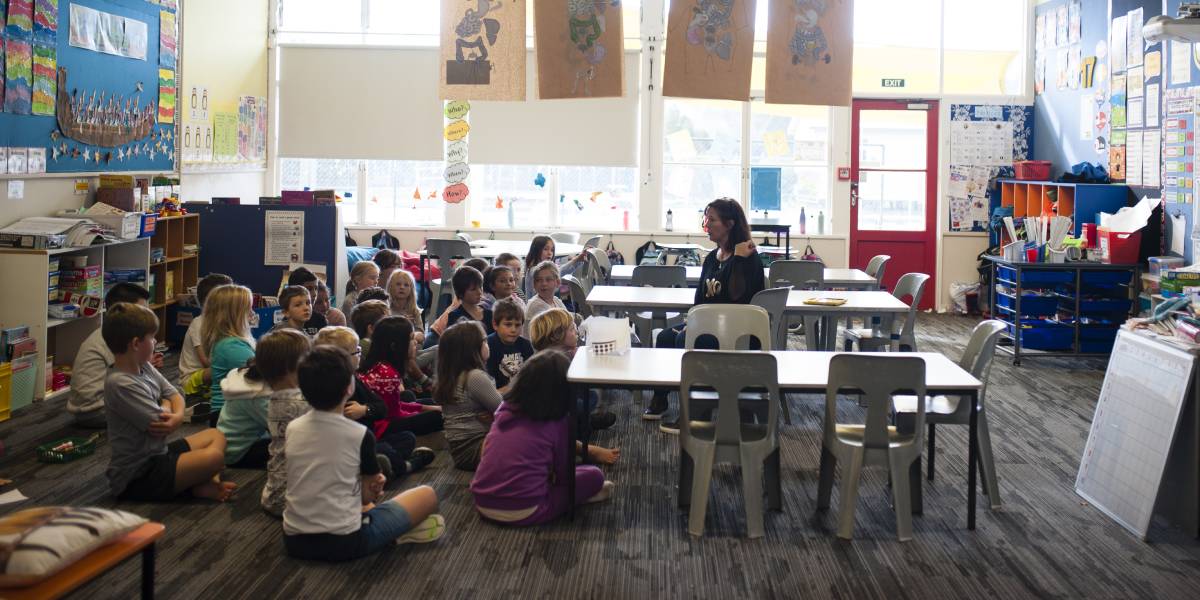



Curriculum
Learning
At Woodlands Park School our curriculum is unique and responsive to the needs of our students. The New Zealand Curriculum allows us the scope to design our own learning programmes that support students to develop their potential through the eight areas which are; English, Mathematics, Science, Technology, Social Sciences, The Arts, Health and Physical Education, Learning languages.
The eight principles of The New Zealand Curriculum are the foundation of how we at Woodlands Park School form our curriculum review, design and practice.
The eight principles are as follows:
- High expectations: The Woodlands Park School curriculum supports and empowers all students to learn and achieve personal excellence, regardless of their circumstances.
- Treaty of Waitangi: The Woodlands Park School curriculum acknowledges the principles of the Treaty of Waitangi and the bicultural foundations of Aotearoa New Zealand. All students have the opportunity to acquire knowledge of te reo me ¯ona tikanga.
- Cultural diversity: The Woodlands Park School curriculum reflects New Zealand’s cultural diversity and values the histories and traditions of all its people.
- Inclusion: The Woodlands Park School curriculum is non-sexist, non-racist, and non-discriminatory; it ensures that students’ identities, languages, abilities and talents are recognised and affirmed, and that their learning needs are addressed.
- Learning to learn: The Woodlands Park School curriculum encourages all students to reflect on their own learning processes and to learn how to learn.
- Community engagement: The Woodlands Park School curriculum has meaning for students, connects with their wider lives, and engages the support of their families, whanau and communities.
- Coherence: The Woodlands Park School curriculum offers all students a broad education that makes links within and across learning areas, provides for coherent transitions, and opens up pathways to future learning.
- Future focus: The Woodlands Park School curriculum encourages students to look to the future by exploring such significant future-focused issues such as sustainability, citizenship, enterprise and globalisation.
Assessment
Teachers at Woodlands Park School are reflective with their assessment and use the appropriate tools and resources to notice and respond to progress across the curriculum. Assessment tools and resources support teacher judgements, with assessment information informing the teaching and learning. Teachers are assessment and analysis capable and work with class and cohort data to establish student pathways for learning. The combination of teacher judgements, reliable assessment tools, ongoing classroom observations and conversations provide information on progress and achievement.
Teachers support learners to notice how they are going with their learning – where they are at, where to next, and and how to get there. Learners can use this personalised feedback to help them set goals and explore any misunderstandings. Teachers can also notice whether there are patterns in the class such as common next steps or misunderstandings and can adjust their teaching accordingly. Parents are reported to regularly through formal reporting, seesaw and teacher-parent evenings.
SEESAW - ongoing sharing of progress
Seesaw is a simple way for teachers and students to record and share what's happening in the classroom. When your child enrols at Woodlands Park School parents are sent an invitation to access their child’s ongoing progress and learning in class.
Seesaw gives students a place to document their learning, be creative and learn how to use technology.
Each student gets their own journal and will add things to it, like photos, videos, drawings, or notes.
When there are new Seesaw posts, families can be notified via app notification, email or SMS.
Parents are only notified about their own child’s work, and all data is safe and secure.
